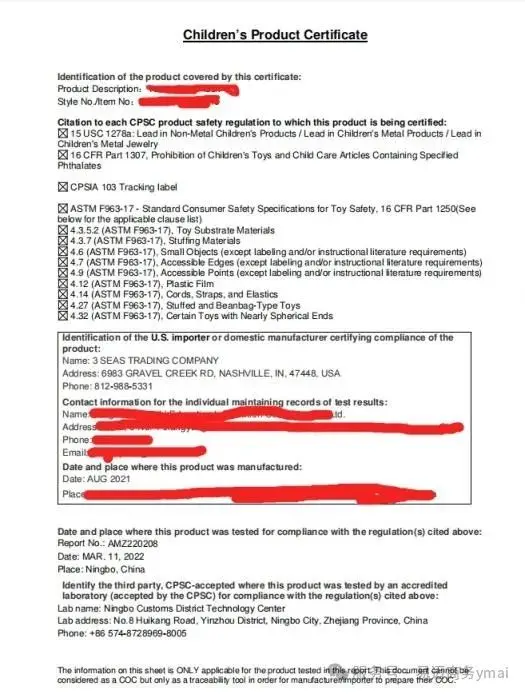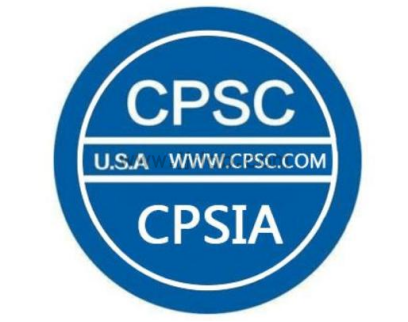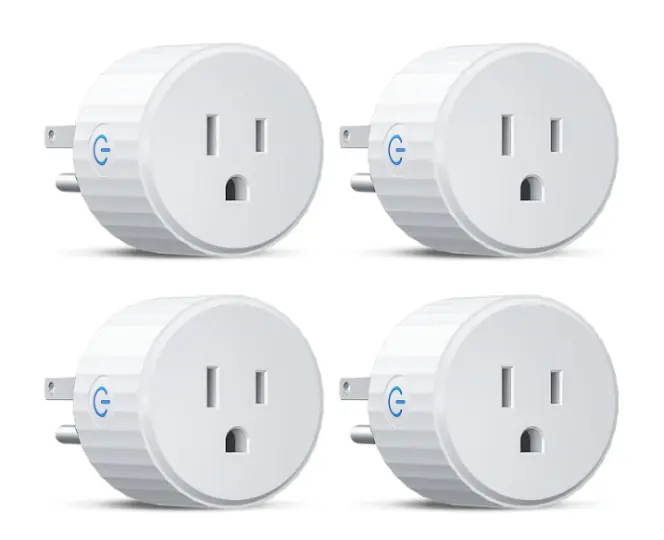
Introduction to Wireless Product FCC Certification
Introduction to FCC Certification in the United States
FCC refers to the Federal Communications Commission of the United States. According to relevant parts of the U.S. federal regulations (CFR 47), all electronic products entering the U.S. require FCC certification, except for a few products that are specifically exempted. FCC regulations cover requirements for transmitters, wireless devices, electromagnetic compatibility, telephone terminal equipment, testing methods, administrative requirements, and other market access conditions. Products are mainly divided into four categories: incidental emitters, unintentional emitters, intentional emitters, and licensed transmitters. The majority of wireless devices (Bluetooth, Wi-Fi, 2/3/4/5G, etc.) fall under the category of intentional emitters.
FCC Certification Procedures
1. Certification
Certification is the most rigorous approval process for RF devices and generally applies to all wireless devices. Device authorizations (TCB Grants) are issued by FCC-recognized Telecommunication Certification Bodies (TCB) based on the assessment of the documentation and test data submitted by the responsible party (such as the manufacturer or importer). Testing must be conducted by FCC-recognized testing laboratories. All certificates and related product compliance documents will be uploaded to the FCC database and partially made public, such as test reports and user manuals.
List of FCC-Recognized Laboratories:
https://apps.fcc.gov/oetcf/eas/reports/TestFirmSearch.cfm
Additionally, devices approved using the Supplier’s Declaration of Conformity (SDoC) program may optionally use the certification procedure.
2. Supplier’s Declaration of Conformity (SDoC)
The Supplier’s Declaration of Conformity (SDoC) is a program requiring the responsible party for product compliance to ensure that the device meets the relevant technical standards. The responsible party must be located in the U.S. and is not required to submit a certification application to the FCC or TCB. Devices authorized under the SDoC program will not be listed in the FCC database. However, the responsible party or any other party selling the device must provide test reports and other information as requested by the FCC to demonstrate compliance. The responsible party can choose to use the certification procedure instead of the SDoC program. Products that utilize and meet the SDoC program requirements may choose to mark or not mark the fcc logo.
fcc testing Standards (Examples)
- Bluetooth & Zigbee (2.4 GHz): Human Radiation Safety Requirements: Part 2 (No testing required); Wireless Spectrum Requirements: Part 15C; EMC Requirements: FCC Part 15B.
- Wi-Fi 2.4 GHz (802.11 b/g/n): Human Radiation Safety Requirements: Part 2 (sar testing required if used near the body); Wireless Spectrum Requirements: Part 15C; EMC Requirements: Part 15B.
- Wi-Fi 5 GHz (802.11 a/ac/ax/n): Human Radiation Safety Requirements: Part 2 (SAR testing required if used near the body); Wireless Spectrum Requirements: Part 15E; EMC Requirements: Part 15B.
FCC Application Documents
- fcc id label and label placement information
- Product appearance photos
- Block diagram
- Circuit diagram
- Test report
- Test setup photos
- User manual
- Internal product photos
- Component list
- Human radiation assessment
- Description of product operating principles (products using the 5 GHz band require additional software safety description files)
- Relevant application letters, authorization letters, confidentiality requirement forms, etc.
FCC Certification Process
The FCC certification process is similar to the CE certification, involving initial testing and assessment of the product, preparation of test reports and application documents to be submitted to the TCB. After review and issuance, the information is entered into the FCC official website, allowing the manufacturer to label the product accordingly and include relevant FCC guidelines in the user manual, enabling the product to enter the market for sale.
(JJR Laboratory in China provides FCC certification testing services and can help companies save 30% on certification costs. Feel free to inquire!)
Updates to FCC KDB Technical Documents
KDB 447498 D01 General RF Exposure Guidance DR04 has been modified and updated based on the requirements of KDB 447498 D01 V06 and FCC-19-126 rules. The above content will be compiled and released through KDB 447498 D01 General RF Exposure Guidance V07. All applications submitted after March 31, 2022, must use the new version KDB 447498 D01 V07. KDB388624 D02 PAG (Pre-Approval) List v17r03 replaces KDB388624 D02 PAG (Pre-Approval) List v17r02, adding UN5GHZ to the PAG list.
Email:hello@jjrlab.com
Write your message here and send it to us
 Toy Toxicology Testing CA
Toy Toxicology Testing CA
 CPSIA Compliance for Children's Products
CPSIA Compliance for Children's Products
 Food Contact Items Testing
Food Contact Items Testing
 Energy Star Testing Laboratory
Energy Star Testing Laboratory
 Do I Need to Test Every Color for CPSIA Compliance
Do I Need to Test Every Color for CPSIA Compliance
 Accredited Medical Device Testing Lab
Accredited Medical Device Testing Lab
 Safety Testing for Baby Wrap
Safety Testing for Baby Wrap
 United States Electrical Plug Certification
United States Electrical Plug Certification
Leave us a message
24-hour online customer service at any time to respond, so that you worry!




